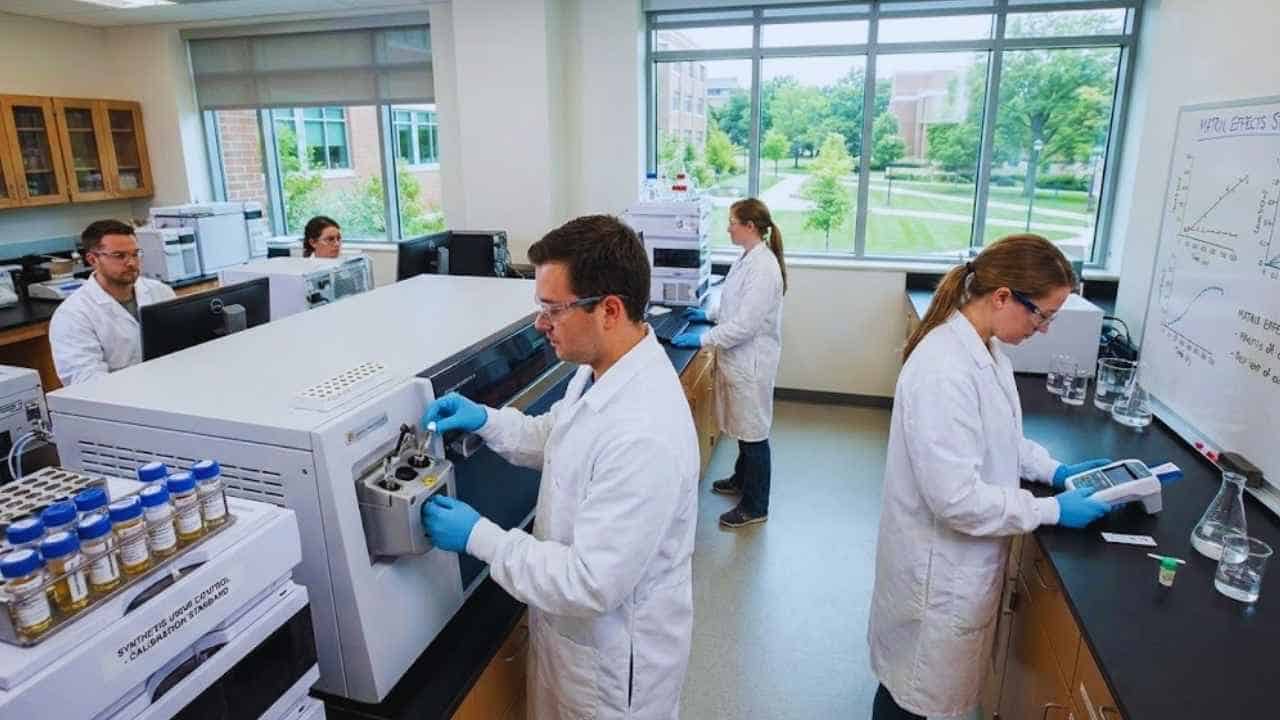With today’s wide access to medical information and televised commercials for supplements, you’re probably aware of probiotics and their benefits. However, these microorganisms are usually only advertised as helpful for gut health. While this is true — and what they’re mostly used for — probiotics have many other qualities that may boost your health. Keep reading for information on these perks and how they can be especially beneficial to women.
1. For Overall Pelvic Health
Probiotics are good for your gut, and that’s how they are primarily advertised for use. However, certain types of these microorganisms are also useful for keeping your vaginal and urinary health up to par. Luckily, there are probiotics for women that come packed with these different kinds of bacteria to cover all those grounds. But which types of bacteria do you need?
Vaginas are temperamental organs, and similarly to the digestive system they have a careful balance of bacteria. When your vaginal microbiome becomes imbalanced, bacterial vaginosis and yeast infections may occur. The probiotics Lactobacillus and L. rhamnosus can help guard against these conditions.
The urinary tract isn’t known for being as volatile as the other two organs mentioned above. Still, introducing bacteria may result in a urinary tract infection — which is why you should always wipe front to back. Some women are simply more prone to getting UTIs than others. If this describes you, adding a probiotic with Lactobacillus has been shown to lessen the number of episodes.
2. For Improved Immunity
When considering how to improve your immune health, you likely think of taking vitamin C or eating right. These certainly are helpful steps to take, however, over half of your immune system is found in the gut. Therefore, the health of your digestive system can make or break your immune system’s effectiveness.
Knowing this information, it’s a good idea to focus on improving your gut health to aid your overall well-being. To boost your digestive health, nourish your gut with the food it needs to thrive and strengthen itself. Probiotics alone can do this, but for extra immunity, look for a supplement that includes prebiotics as well. Prebiotics are essentially ‘food’ for probiotics, and they’ll be more effective when they’re ‘fed.’ This isn’t entirely necessary, and probiotics will work regardless, but they often function better when there’s a combination.
Moreover, some probiotic supplements have added vitamins for further health benefits. Micronutrients such as vitamin C, zinc, or elderberry can be mixed in with the probiotic to heighten immunity.
3. For Better Skin
Here’s another one you probably weren’t expecting — probiotics may work to improve your skin’s appearance, including minimizing acne. This plays into the immunity-boosting factor previously mentioned. Like vitamin C, probiotics are both immune system strengtheners and anti-inflammatories. Combining these two elements can help with regulating your skin’s appearance, texture, and number of breakouts.
Since vitamin C has these properties, it’s become a popular facial serum ingredient. However, this is offered as a topical treatment. Probiotics work from the inside out, unless you’re using yogurt face masks. Taking an oral supplement might lessen the risk of unwanted skin reactions to topical products for people with sensitive skin. If you deal with easily irritable skin, probiotics may be the better choice.
4. For Stronger Bones
A health condition that nearly all women eventually experience is menopause. On the bright side, you won’t have a period anymore, but there are several uncomfortable elements you’ll need to manage. One of these negative factors is weakening bone health and strength, which may lead to osteoporosis. Surprisingly, this is another ailment probiotics can potentially benefit.
You’re probably wondering how probiotics could influence bone health. These microorganisms can help your body better absorb calcium, an essential mineral for strong bones. They also promote the formation of bone tissue. And, according to Cambridge University, probiotics were found to lessen the chance of women succumbing to osteoporosis during menopause.
Probiotics Take Time to Work
Some of the benefits of probiotics are still emerging. Ongoing studies are even investigating the ability of probiotics to improve fertility.
It’s important to remember, like with most vitamins and supplements, it will take time to notice results from using probiotics. The body’s absorption process isn’t incredibly speedy, and several doses are required to make a noticeable difference. As a rule of thumb, three to four weeks might pass before you see obvious changes in your health. However, waiting a little in exchange for serious health benefits is well worth your time.





































